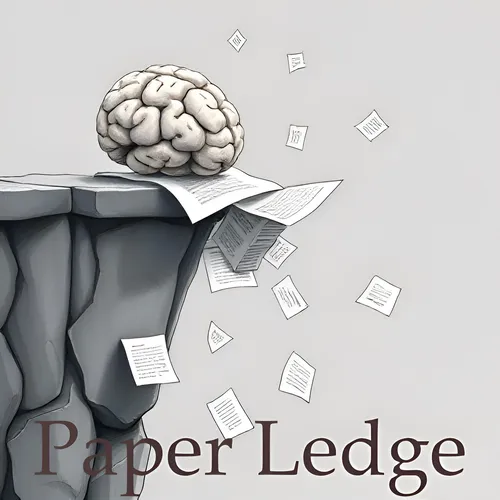Machine Learning - Amortized In-Context Mixed Effect Transformer Models A Zero-Shot Approach for Pharmacokinetics
- Author
- ernestasposkus
- Published
- Fri 22 Aug 2025
- Episode Link
- https://www.paperledge.com/e/machine-learning-amortized-in-context-mixed-effect-transformer-models-a-zero-shot-approach-for-pharmacokinetics/
Hey PaperLedge crew, Ernis here, ready to dive into another fascinating piece of research! Today, we're tackling a paper that's trying to revolutionize how we figure out the right drug dose for each individual. It's a bit complex, but trust me, the payoff is huge: personalized medicine that's faster and more accurate.
The core problem this paper addresses is pretty straightforward: figuring out how much of a drug to give someone to get the desired effect, without giving them too much and causing nasty side effects. This is called dose-response forecasting. Now, usually, to figure this out, doctors and scientists run clinical trials, collect lots of data, and then build complex mathematical models. But this takes a ton of time – we’re talking weeks or even months!
Think of it like baking a cake. You wouldn't just throw ingredients together randomly, right? You'd use a recipe (the model) that tells you how much of each ingredient (drug) to use and how long to bake it (time) to get the perfect cake (desired effect). But what if everyone's oven (body) is slightly different? Some ovens run hot, some run cold. That’s where the variability between people comes in. The paper's trying to create a super-smart "recipe book" that can adapt to each person's "oven" really, really quickly.
So, how do they do it? They've created something called AICMET – which stands for Amortized In-Context Mixed-Effect Transformer. I know, it's a mouthful! But break it down. Think of it as a fancy AI model, a bit like ChatGPT, but trained on tons of drug data.
- Amortized: This means the model learns general patterns that can be applied to new situations, instead of having to start from scratch every time.
- In-Context: The model learns from the data of other patients, kind of like learning from the experiences of your peers.
- Mixed-Effect: This means the model takes into account that everyone's different and that these differences can impact how a drug works.
- Transformer: This is the type of AI architecture, known for being good at understanding relationships in data. Think of it as the engine under the hood that makes the whole thing work!
They pre-trained this AICMET model on a massive amount of simulated data – hundreds of thousands of virtual patients! This gives the model a really good starting point, a strong "gut feeling" about how drugs behave in the body. Then, when a new patient comes along, the model only needs a few early measurements of the drug concentration in their blood to make a really accurate prediction of how they'll respond.
The beauty of this is that it drastically speeds things up. Instead of weeks or months of model development, AICMET can potentially give you a personalized dose prediction in hours. The paper shows that AICMET actually performs better than traditional modeling methods and even some other fancy AI approaches.
"Our results highlight the feasibility of transformer-based, population-aware neural architectures as offering a new alternative for bespoke pharmacokinetic modeling pipelines, charting a path toward truly population-aware personalized dosing regimens."
Why does this matter?
- For doctors: It means faster, more accurate dosing decisions, potentially leading to better patient outcomes and fewer side effects.
- For researchers: It opens up new avenues for drug development and understanding how drugs work in different populations.
- For patients: It could mean getting the right dose of medication faster, leading to quicker recovery and improved quality of life.
This research could truly pave the way for personalized medicine where dosing is tailored to your specific needs! Now, a couple of things that I'm pondering...
- Given the reliance on synthetic data for pre-training, how confident can we be that AICMET will perform equally well across diverse real-world populations that might not be well-represented in the training data?
- What are the ethical considerations surrounding the use of AI in medical decision-making, especially when it comes to determining drug dosages? How do we ensure transparency and accountability?
Let me know your thoughts PaperLedge crew!
Credit to Paper authors: César Ali Ojeda Marin, Wilhelm Huisinga, Purity Kavwele, Niklas Hartung
